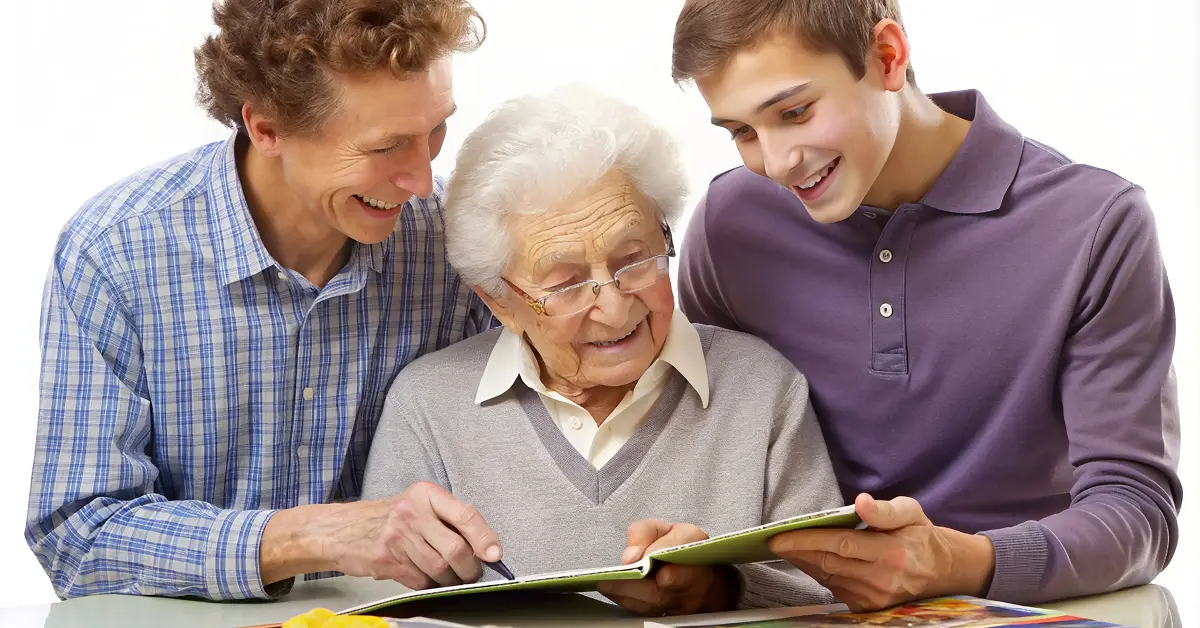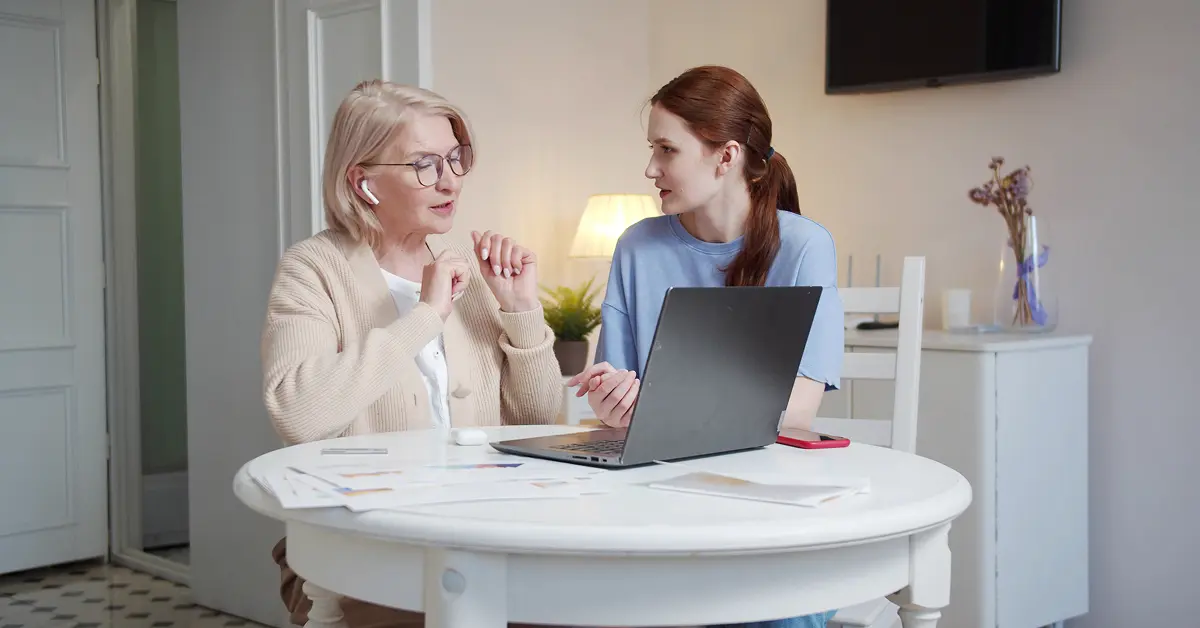As our parents age, managing their daily medication becomes a critical part of home-based elderly care. From remembering multiple doses to handling side effects and refill schedules, the process can be overwhelming for both the caregiver and the elderly Parent Caregiver Ensuring medication is taken correctly, consistently, and safely is essential for treating chronic conditions, preventing health deterioration, and supporting independence at home.
This blog post explores practical ways to track and improve medication routines while caring for ageing parents in India. Whether you are a full-time caregiver or supporting from a distance, the following tips will help you streamline the process and bring peace of mind.
Understand the Medication Plan Thoroughly
Before implementing any tracking method, it's essential to fully understand your parent’s medication regimen. Consult with their doctor or pharmacist and get clarity on:
- The name and purpose of each medication
- The correct dosage and timing
- Whether the medicine should be taken with food or on an empty stomach
- Common side effects and what to do in case of a missed dose
Keep a written list of all medications in one place and update it as needed.
Use a Pill Organizer
A pill organizer or medication box is one of the simplest yet most effective tools. Weekly or monthly pill organizers with clearly marked days and times help prevent confusion. These are readily available in medical stores across India and can accommodate multiple daily doses.
Pro Tip: Choose a spill-proof organizer that’s easy to open but secure enough to avoid accidental spillage.
Set Reminders Using Technology
For tech-savvy caregivers or parents, mobile apps and alarms can be a game changer. Set daily reminders or alarms on your phone or smart devices. Some popular Indian apps for this purpose include:
- Medisafe
- Pill Reminder by MedicaApp
- HealthifyMe (includes medication tracking along with diet and fitness)
These apps notify the user when it’s time to take medicine and also allow logging of missed doses.
Maintain a Medication Journal
Keeping a dedicated diary or journal helps monitor the effects of medications over time. Include entries such as:
- Time and date of dose
- How the parent felt after taking it
- Any skipped doses or unusual reactions
This record is extremely helpful during doctor visits and can assist in adjusting dosages or spotting side effects early.
Involve the Parent in the Routine
Encouraging your parent to be an active participant in their care improves adherence. Educate them about why the medication is important. If they are forgetful, build a visual chart with photos of each tablet, timing, and purpose in local language for easy understanding.
Respecting their involvement also boosts their confidence and reduces resistance to medication.
Use Colour-Coding for Clarity
If your parent takes multiple medications, use colour-coded labels or stickers on medicine strips or bottles. Assign colours for morning, afternoon, evening, and bedtime medications. This makes the routine intuitive, especially for elders with memory challenges.
Schedule Regular Doctor Reviews
Frequent doctor visits ensure your parent’s prescriptions stay up-to-date. The elderly often have changing health needs, and medications may need adjustment. Carry your medication journal and updated list to these appointments.
Ask about potential interactions and whether any medicines can be stopped or combined to simplify the routine.
Partner with a Trained Caregiver
If you live in a different city or have a demanding job, hiring a trained home caregiver can offer great relief. In India, several agencies provide qualified caregivers who are trained to handle medication routines, monitor vitals, and alert doctors or family in case of emergencies.
Caregivers can maintain daily logs, refill reminders, and even accompany your parent to doctor visits.
Align Medication with Daily Activities
Linking medication times with routine activities makes it easier to remember. For example:
- Morning medication with brushing or tea
- Afternoon tablets after lunch
- Evening doses during TV time or prayers
This integration builds habits that last, especially in seniors with early dementia or memory issues.
Ensure Refill Alerts Are Set
Running out of medicines can lead to health risks. Set calendar alerts a week before expected refill dates. Some pharmacies in India offer WhatsApp-based alerts and doorstep delivery, which is convenient for elderly people staying alone.
Use apps like NetMeds, 1mg (Tata 1mg), or Apollo Pharmacy for monthly auto-refill services.
Watch for Side Effects and Interactions
Be alert to any new symptoms after starting or changing medications—like dizziness, drowsiness, or rashes. Keep emergency contact details ready and inform the doctor immediately if symptoms persist.
Also, discuss with the doctor before using Ayurvedic, herbal, or OTC supplements to avoid drug interactions, which are common in elderly patients in India.
Conclusion
Tracking and improving medication routines for ageing parents is not just about tools—it’s about building habits, awareness, and a supportive environment. Whether you choose a manual chart, a digital app, or home caregiver services, consistency is key. Empower your parent, use smart tracking methods, and stay in touch with medical professionals to ensure they remain healthy and independent at home.
With a little planning and the right support, you can take the stress out of medication management and give your loved ones the care they truly deserve.
Contents
- Understand the Medication Plan Thoroughly
- Use a Pill Organizer
- Set Reminders Using Technology
- Maintain a Medication Journal
- Involve the Parent in the Routine
- Use Colour-Coding for Clarity
- Schedule Regular Doctor Reviews
- Partner with a Trained Caregiver
- Align Medication with Daily Activities
- Ensure Refill Alerts Are Set
- Watch for Side Effects and Interactions
- Conclusion
Our 24*7 services
Latest Posts
- What Is Respite Care and Why Is It Important
- Affordable home care for senior citizens in India
- Caring for Seniors with Dementia or Alzheimer's at Home
- Senior Caregiving A Guide for Every Family
- How to Write a Caregiver Resume That Gets You Hired
- How Care After Hospital Discharge Speeds Up Recovery at Home
- How to Get Home Health Care for Seniors Through Medicare
- What Does a Senior Citizen Caregiver Really Do at Home
- How to Care for Elderly Parents with Alzheimer’s or Dementia
- How to Get 24-Hour Care for Seniors at Home


